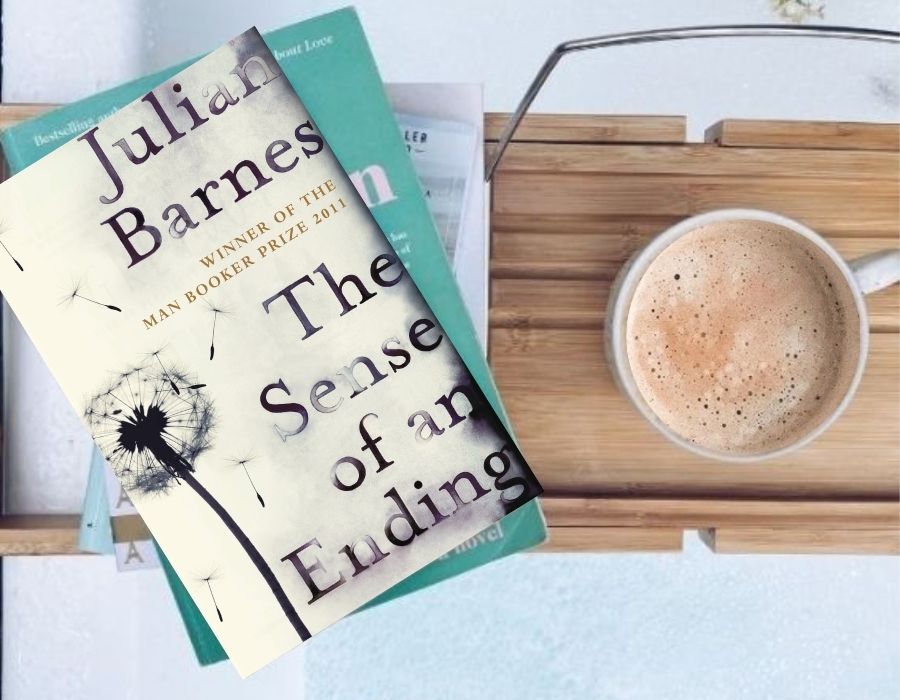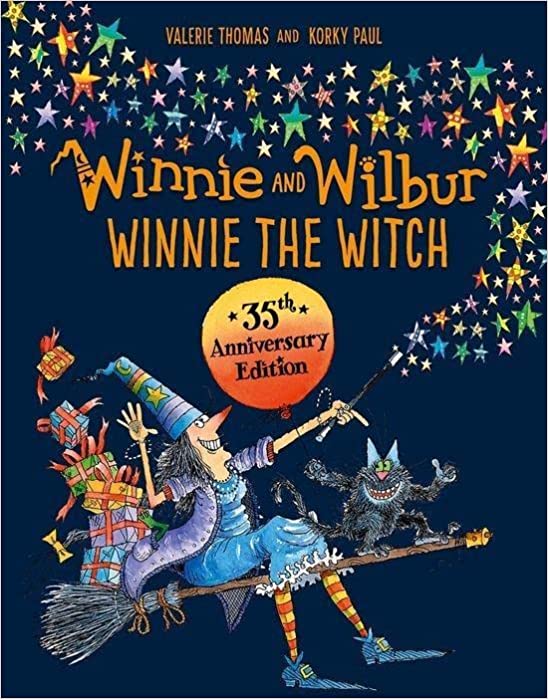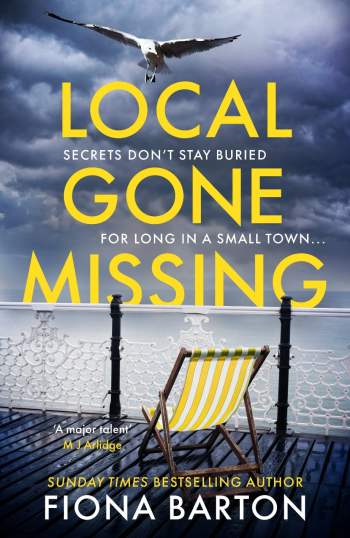Following an education at the City of London School and Merton College, Oxford, he worked as a lexicographer for the Oxford English Dictionary. Subsequently, he worked as a literary editor and film critic. He now writes full-time. His brother, Jonathan Barnes, is a philosopher specialized in Ancient Philosophy.
The Sense of an Ending Book Review

Buy The Sense of an Ending from Bookshop.org, Book Depository, Waterstones, Amazon or Amazon AU.
I recently got chatting to a guy called Dan at one of the coffee shops I frequent in Bondi, who has the most gorgeous Lagotto Romagnolo called Walter. As invariably happens when I strike up a conversation with someone, we started talking about books; and among those that he recommended to me was The Sense of an Ending by Julian Barnes. Knowing full well that it had not only been on my reading radar for some time; but that I also had at least two copies in my possession, lying around my apartment, I made a mental note to pick it up after finishing Markus Zusak’s The Book Thief. Ultimately a melancholic reflection on the reality of aging, on life, the lies we tell ourselves, and the fine line that hovers between fact and fiction, The Sense of an Ending is a delicate exploration of memory, exquisitely written as the thoughts of an old man, looking back on his often ordinary life.
The Sense of an Ending by Julian Barnes Summary
Love this post? Click here to subscribe.
A surprisingly fast-paced and utterly readable book, in The Sense of an Ending we meet protagonist Tony Webster – and an intricate cast of characters that have weaved in and out of his life; an ex-girlfriend; the schoolfriend who committed suicide; the now ex-wife; the daughter. As the novel progresses, he looks back on memory and history, responsibility and blame, deceit, misunderstandings, aging, guilt, remorse – and, of course, a safely passive coasting on the smooth sailing surface of life, occasionally interrupted by the tidal waves of unexpected upheavals and disturbances,
Julian Barnes has written a number of other books, including Cross Channel, Talking it Over, The Porcupine, Before She Met Me, Letters from London and Staring at the Sun.
While a short and slight story, not a word is wasted and the rhythm of writing builds to deliver a poignant and punchy tale that offers a lyrical lesson about memory’s ability plays tricks on us.
Further reading
This post contains affiliate links, which means I receive a small commission, at no extra cost to you, if you make a purchase using this link.
Julian Barnes author bio
Julian Patrick Barnes is a contemporary English writer of postmodernism in literature. He has been shortlisted three times for the Man Booker Prize – Flaubert’s Parrot (1984), England, England (1998), and Arthur & George (2005), and won the prize for The Sense of an Ending (2011). He has written crime fiction under the pseudonym Dan Kavanagh.
He lived in London with his wife, the literary agent Pat Kavanagh, until her death on 20 October 2008.
A novel so compelling that it begs to be read in a single sitting, with stunning psychological and emotional depth and sophistication, The Sense of an Ending is a brilliant new chapter in Julian Barnes’s oeuvre.
More Julian Barnes books
Having not read anything by Julian Barnes previously, I had little idea what to expect, and while the book first appears to be a rather mundane story about the life of a rather ordinary man, looking back on years gone by, it quickly becomes clear that there’s more to the novel than meets the eye.
Confused by the ending of The Sense of an Ending? This article on The Sense of an Ending: explained, by Andrew Blackman, is well worth a read.
By an acclaimed writer at the height of his powers, The Sense of an Ending extends a streak of extraordinary books that began with the best-selling Arthur & George and continued with Nothing to Be Frightened Of and, most recently, Pulse.






